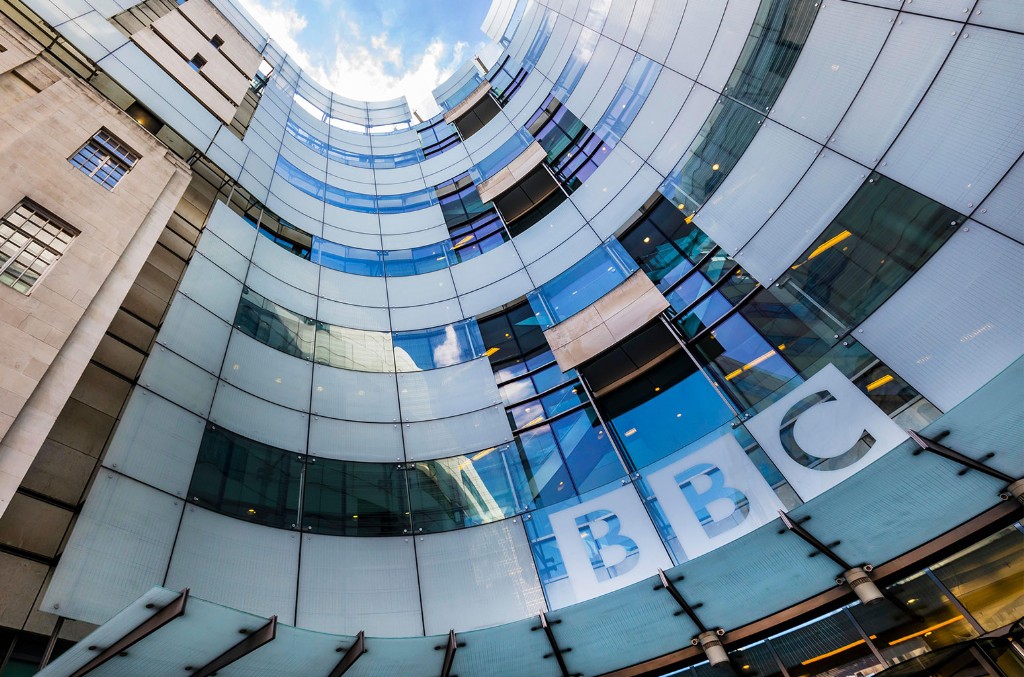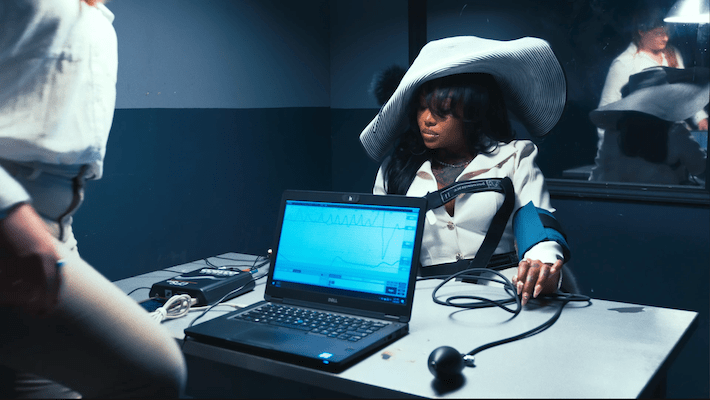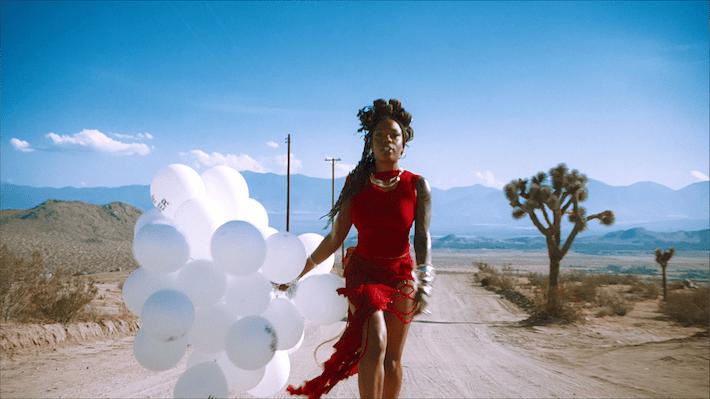The BBC has named BBC Studios boss Tim Davie its new director general, replacing Tony Hall who had said in January that he would step down from running the U.K. public broadcaster after about seven years.
BBC chairman David Clementi announced the news after a search that looked at both internal and external candidates.
“I am honored to be appointed the BBC’s next director general,” said Davie, who will assume the role on Sept. 1, becoming the BBC’s 17 director general. “This has been a critical time for the U.K. and these past few months have shown just how much the BBC matters to people. Our mission has never been more relevant, important or necessary. I have a deep commitment to content of the highest quality and impartiality.”
Added Davie: “Looking forward, we will need to accelerate change so that we serve all our audiences in this fast-moving world. Much great work has been done, but we will continue to reform, make clear choices and stay relevant. I am very confident we can do this because of the amazing teams of people that work at the BBC.”
Davie, one of the BBC’s longest serving execs, having joined in 2005, inherits the position – one of the most prestigious jobs in world media – at a time of upheaval for the BBC. His challenges will include negotiating the politically-charged issue of the license fee with a conservative government that has questioned this traditional funding model, ensuring that the BBC represents the diverse nature of the U.K., and making it competitive in a media world where where the deep-pocketed streaming giants have grown increasingly dominant.
However, the coronavirus pandemic has given the BBC renewed confidence, underlining its importance to many as a public broadcaster.
U.K. secretary of state for Digital, Culture, Media and Sport Oliver Dowden said about Davie’s appointment: “The BBC is a great British institution, and Tim will have a crucial role in making sure that it can deliver for audiences across the U.K. in a changing, fast-moving media landscape. I have spoken to Tim on his appointment, and I am encouraged that he has underlined his commitment to impartiality at the BBC as well as the need for further reform.”
Several potential candidates had ruled themselves out of the running for the top BBC role. For example, ITV CEO Carolyn McCall in March said the role was “not something I am considering.” And All3Media CEO Jane Turton is also understood to have turned down an invitation to apply for the BBC job.
Among the other people considered possible candidates for the director general job were the likes of BBC director of content Charlotte Moore, who previously was controller of BBC One from 2013 until 2016.
Early in his tenure, Hall had to deal with sexual harassment and assault allegations against late former BBC host Jimmy Savile before focusing on positioning the public broadcaster better for the digital age. Among the moves made during his tenure are the decision to make BBC Three an online-only channel, separate the broadcaster’s production arm by forming what is now BBC Studios and build out streaming platform BBC iPlayer. Hall is moving on to become chairman of London’s National Gallery.
Davie served as acting director-general of the BBC following George Entwistle‘s resignation in November 2012 until Hall took over the role permanently in April 2013. He first joined the BBC as director of marketing, communications and audiences in April 2005.
This article was originally published by The Hollywood Reporter.


